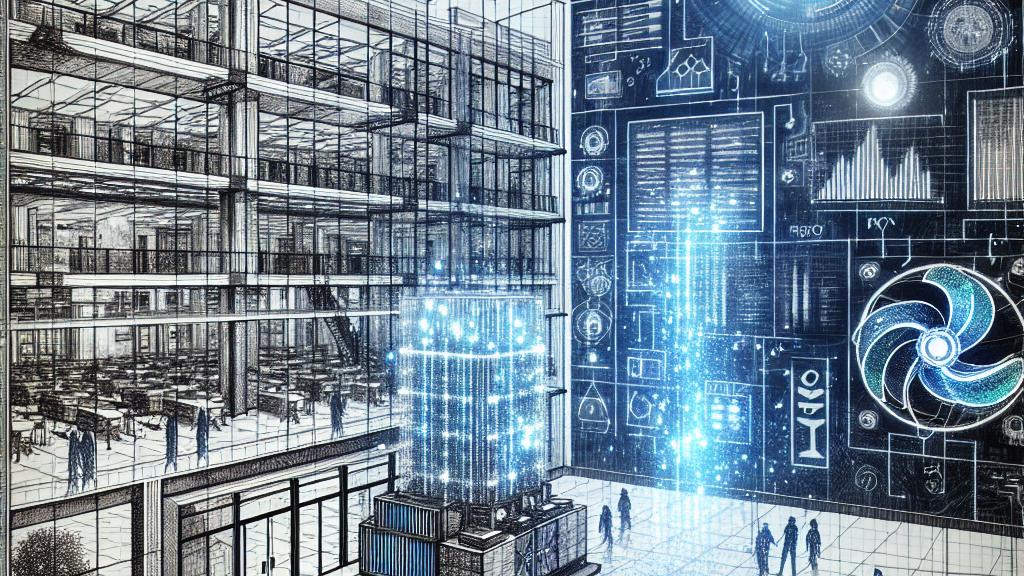Optimizing Energy and Emission in Buildings through Reinforcement Learning
Overview
- Reinforcement Learning (RL) dramatically enhances HVAC efficiency, resulting in significant energy savings.
- Effective control systems can lead to major reductions in carbon emissions, paving the way for a sustainable future.
- Open-source datasets create opportunities for researchers, fostering collaboration and innovation in energy optimization.

The Crucial Impact of Energy Efficiency in U.S. Buildings
In the United States, commercial office buildings contribute an astonishing 17% of total carbon emissions, a sobering statistic highlighted by the US Energy Information Administration. This urgent situation calls for a focused approach to improving energy efficiency—especially regarding Heating, Ventilation, and Air Conditioning (HVAC) systems. Many current control policies are riddled with inefficiencies, leading to excessive energy consumption that raises operating costs and worsens environmental impacts. Picture a scenario where a Reinforcement Learning (RL) agent continually analyzes real-time data, such as occupancy levels and outdoor temperature; it intelligently adjusts HVAC settings to minimize energy waste while maintaining optimal comfort. Such a transformative approach not only conserves energy but resonates across thousands of buildings nationwide, making RL a revolutionary tool in the fight against climate change.
Harnessing Reinforcement Learning for Superior HVAC Control
Reinforcement Learning mirrors the human ability to learn through trial and error, enabling software to refine its decision-making processes over time. This characteristic becomes invaluable when managing the complexities of HVAC systems, which must constantly adapt to fluctuating environmental conditions. Enter the Smart Buildings Control Suite, a powerful resource that provides researchers and practitioners alike with access to six years of real-world historical data combined with an interactive simulator that closely mimics actual scenarios. Imagine conducting parallel tests of various control strategies in a controlled environment, optimizing energy consumption while ensuring comfort for building occupants. This collaborative platform fuels innovation, paving the way for advanced energy-efficient building management solutions that are not just theoretical but practical and impactful.
Exploring Future Horizons in Energy Optimization
As we delve deeper into the potential of AI applications, particularly through the lens of Reinforcement Learning, the future looks promising for sustainable energy practices. While challenges like data variability and the need for real-time adaptability pose obstacles, they also serve as catalysts for groundbreaking innovations. New developments—think explainable AI and sophisticated adaptive algorithms—are set to redefine how we optimize renewable energy systems. Envision a smart grid that utilizes AI to analyze consumer behavior, dynamically adjusting energy distribution to minimize waste and enhance sustainability. This revolutionary approach not only relies on cutting-edge technology but also fosters collaboration among diverse stakeholders across industries. By uniting efforts, we can illuminate a path toward drastically reducing the carbon footprints of our buildings while promoting energy conservation in a rapidly changing world.

Loading...